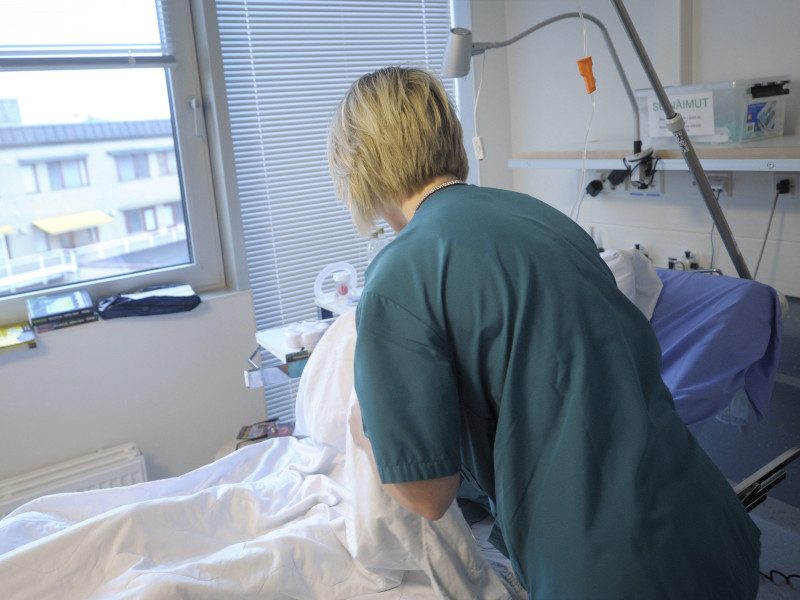Infection
YLE: Coronavirus infections are increasing rapidly in Finland
“The coronavirus epidemic has started,” characterised Eeva Ruotsalainen, a deputy chief physician of infectious diseases at the Hospital District of Helsinki and Uusimaa (HUS).
Ruotsalainen revealed to the public broadcasting company that the number of coronavirus patients in specialised medical care has quadrupled from 25 to 80 patients since the beginning of the month. While roughly a third of the patients are in specialised care specifically because of a coronavirus infection, she added, the virus may have contributed to the hospitalisation also in the other cases.
The number of coronavirus patients has also increased in basic health care in Uusimaa, the most populous region of Finland. Ruotsalainen stated that the virus is taking a toll especially on the elderly, with the majority of patients who are diagnosed with an infection upon hospitalisation being over 60 years old.
“It’s noteworthy that the situation in intensive care has been for a while calm when it comes to the coronavirus,” she added, revealing that no more than one patient a week is being transferred to intensive care due to Covid-19.
The surge in infections was expected due to the seasonal cycle of respiratory viral diseases, according to her: such diseases become more common and spread more widely in the late autumn and early winter as people start spending more time indoors.
Covid-19 remains potentially lethal for the most vulnerable people, especially if they are not fully vaccinated against the disease. Ruotsalainen viewed that people are not treating the coronavirus with the necessary degree of seriousness.
“We’ve forgotten it because last summer was the first in three years that was calm,” she analysed. “The coronavirus hasn’t gone anywhere.”
Especially people who are at high risk of severe symptoms should recognise that the virus continues to spread within the population given that their vaccine-induced immunity tends to wane faster than in other groups.
“Some people still have a high risk of serious disease. That’s why people who belong to a risk group due to a disease or medication, as well as healthy over 65-year-olds, should take an autumn booster against the coronavirus.”
HUS will begin administering booster injections to high-risk groups on Monday. Other well-being services counties are set to follow suit in November.
Ruotsalainen encouraged over 65-year-olds to get vaccinated in greater numbers than previously, reminding that last year only 55 per cent of them received a booster jab against the coronavirus and 60 per cent the influenza vaccine. Vaccinations, she pointed out, are beneficial because they not only prevent hospitalisations and deaths, but also reduce the risk of other health conditions.
“Having either Covid-19 or influenza can raise the risk of myocardial and cerebral infraction,” she said.
People should also consider resorting to other protective measures from earlier phases of the pandemic because, alongside the coronavirus, two other respiratory viral infections are expected to spread this winter.
“We’re expecting a triple epidemic to start in late autumn. Along with the coronavirus, there’ll be an influenza and RS epidemic,” cautioned Ruotsalainen.
The European Centre for Disease Prevention and Control (ECDC) is forecasting that the coronavirus will have a lower disease burden than last winter, according to Hanna Nohynek, a chief physician at THL. Nohynek told YLE on Friday that the centre is estimating that the virus is only expected to cause 6–40 per cent of the hospitalisations and deaths it did last year even if no booster jabs were administered in the autumn.
“Most of these would be among the elderly,” she said. “If a person is very old or has serious underlying diseases, a coronavirus infection can still at worst lead to death, but it isn’t too common.”
The ECDC has also estimated that 8–29 per cent of coronavirus deaths could be prevented by raising the coverage of booster vaccinations to a sufficient level.
Aleksi Teivainen – HT

